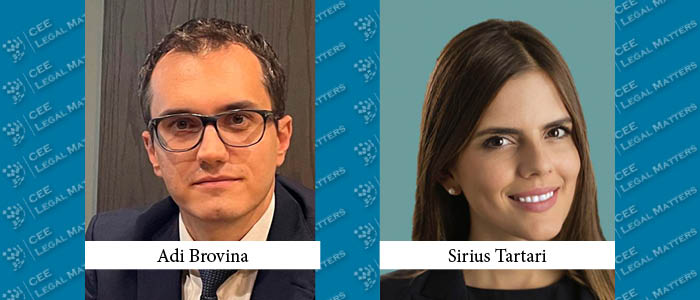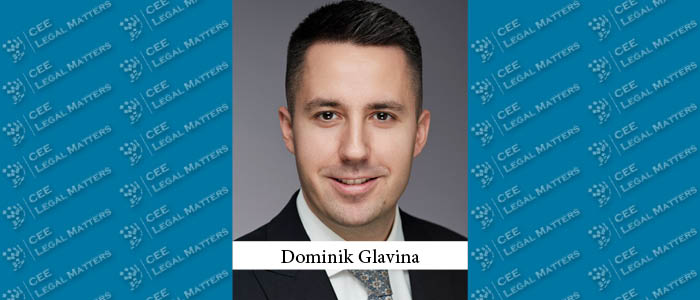Competition law reform in Albania is underway, marked by several important changes to Law no. 9121, dated 28.07.2003, “On Protection of Competition” (“Competition Law”). Within the context of harmonizing with the EU acquis, last November, the Albanian Competition Authority (“ACA”) launched a public consultation phase for the proposed amendments to the Competition Law (“Draft Law”). However, the final version of the Draft Law has not yet been submitted to Parliament.
Nedelka Kubac Advokati Successful for Zlavomat Discount Portal Before Slovak Competition Authority
Nedelka Kubac Advokati has successfully represented the interests of the Zlavomat discount portal through an investigation by the Slovak Competition Authority for possible abuse of a dominant position.
Gessel Advises Anwim on Clearing Acquisition of Three Petrol Stations from Elbah II
Gessel has advised Anwim on the necessary competition clearance for its acquisition of three petrol stations – in Chorzow, Radzionkow, and Tarnowskie Gory – from Elbah II.
Nedelka Kubac Advokati Successful for XXXLutz in Reducing Czech Competition Authority Fine
Nedelka Kubac Advokati has successfully represented the interests of XXXLutz in achieving a "nearly 99% reduction" of a fine imposed by the Czech Competition Authority.
Competition Perspective of M&A Deals after the Towercast Case
One of the most important questions within every M&A deal is whether the transaction at hand is subject to merger clearance. The answer to said question might impact the timeline and (potentially) the successful completion of the deal itself. Up until Towercast cases (C-449/21), the analysis was straightforward by applying the clear turnover-based rules defining the applicability of the Regulation No 139/2004 (“Merger Regulation”).
Gecic Law and Maric & Co Successful for Arena Channels Group in Antitrust Case
Gecic Law and Maric & Co have successfully represented the interests of the Arena Channels Group before the Competition Authority and courts of Bosnia and Herzegovina in an antitrust case.
Dentons Advises Fulleren on Competition Clearance for Slavia Praha Football Club Acquisition
Dentons has helped Fulleren obtain the merger clearance from the Czech Republic’s Office for the Protection of Competition for the acquisition of the Slavia Praha football club.





















